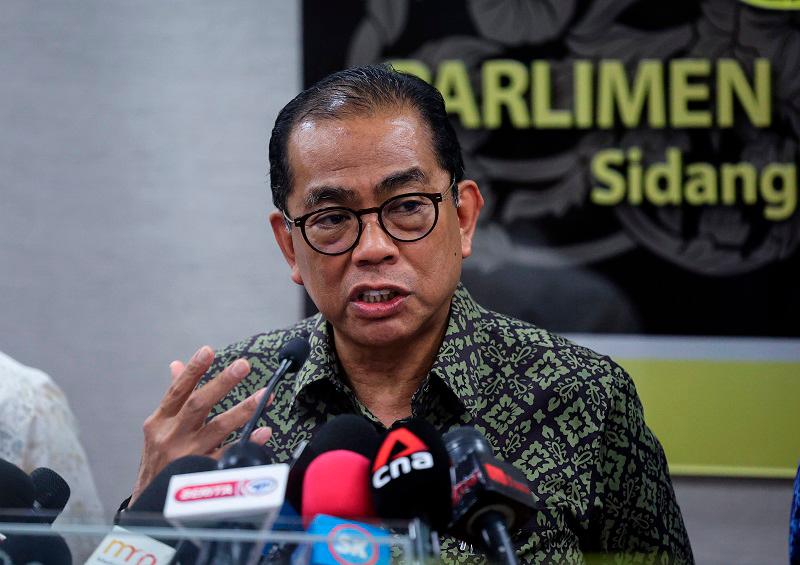KUALA LUMPUR: The RM16 billion lease contract for 28 helicopters over 15 years includes a comprehensive package covering various essential services, Defence Minister Datuk Seri Mohamed Khaled Nordin said.
He said the package encompasses maintenance, repair and overhaul (MRO) services, spare parts storage and training programmes for about 1,300 pilots and flight crew.
“It also involves skill transfer and continuous training for engineers and technicians from user agencies, as well as insurance coverage for assets, all crew members, passengers and third parties, along with financing or loan costs,” he said when winding up the debate on the Royal Address for the Defence Ministry in the Dewan Rakyat today.
Addressing concerns that an outright purchase might be cheaper, Mohamed Khaled said the leasing package eliminates incidental costs that the government would otherwise have to manage.
He said the lease contract approach was chosen to address the low availability of strategic national assets due to financial constraints, which have left the country’s asset readiness at a suboptimal level.
“The government will not need to make advance payments, progress payments or capital expenditures as under the lease contract, payments will only begin once the helicopters are fully delivered.
“Payments will also be made on a monthly basis according to usage and spread over 15 years. This approach allows the government to acquire high-cost, sophisticated and modern assets without requiring a large allocation,” he said.
Mohamed Khaled said the contract mandates the leasing company to guarantee a minimum aircraft availability and operational readiness of at least 85 per cent at all times.
He said aircraft availability will be managed using the ‘power by the hour’ (PBH) concept, ensuring that spare parts are always available rather than being procured only when needed.
Also, all risks related to fleet provision and ownership will be borne by the lessor, who is responsible for insuring the fleet throughout the lease period, he said.
“This transfer of financial and operational risks to the company allows the user agency to fully focus on air operations without worrying about aircraft maintenance, spare parts procurement, funding availability or training,” he added.









